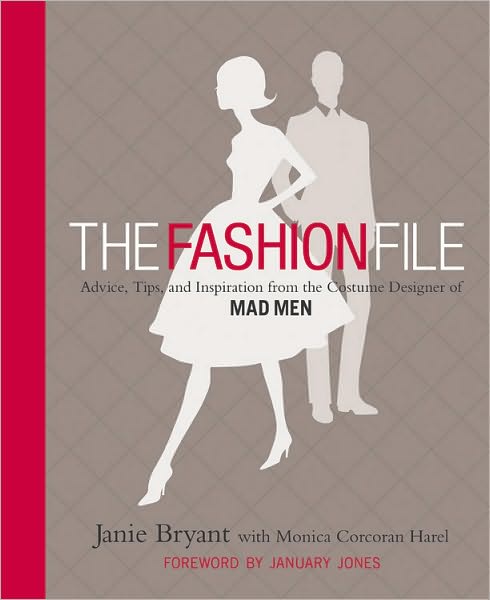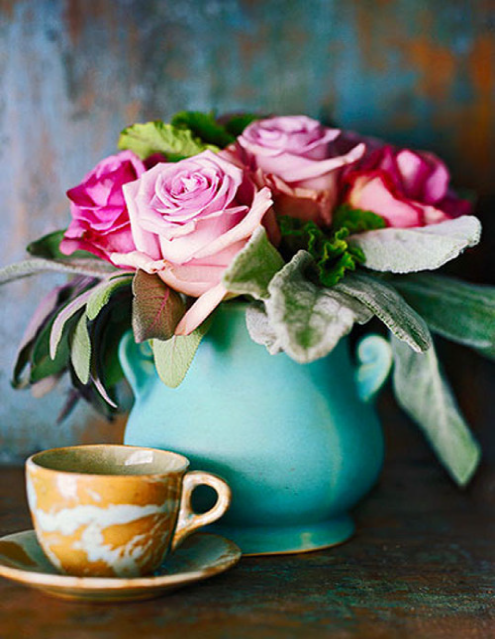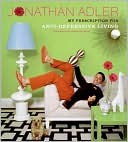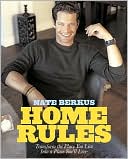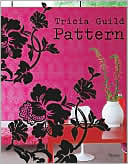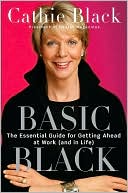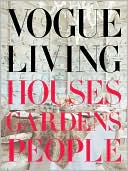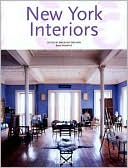A friend passed this on. She says the BBC believes the average person will only have read 6 books from this list. At least 6 of these I had to read for school. It is definitely a British list but there are several important books on it.
1 Pride and Prejudice - Jane Austen
2 The Lord of the Rings X
3 Jane Eyre - Charlotte Bronte
4 Harry Potter series
5 To Kill a Mockingbird – X
6 The Bible - X (though I may have skimmed the begats)
7 Wuthering Heights - Emily Bronte
8 Nineteen Eighty Four - George Orwell X+
9 His Dark Materials - Philip Pullman
10 Great Expectations - Charles Dickens
11 Little Women - Louisa M Alcott X
12 Tess of the D’Urbervilles - Thomas Hardy
13 Catch 22 - Joseph Heller (started but didn't finish)
14 Complete Works of Shakespeare - hahahaha! About 5 or 6 of them
15 Rebecca - Daphne Du Maurier X
16 The Hobbit - JRR Tolkien X+
17 Birdsong - Sebastian Faulks
18 Catcher in the Rye - JD Salinger - X
19 The Time Traveller’s Wife - Audrey Niffenegger
20 Middlemarch - George Eliot
21 Gone With The Wind - Margaret Mitchell
22 The Great Gatsby - F Scott Fitzgerald X
23 Bleak House - Charles Dickens
24 War and Peace - Leo Tolstoy
25 The Hitch Hiker’s Guide to the Galaxy - Douglas Adams - X+
26 Brideshead Revisited - Evelyn Waugh
27 Crime and Punishment - Fyodor Dostoyevsky
28 Grapes of Wrath - John Steinbeck X
29 Alice in Wonderland - Lewis Carroll – X+
30 The Wind in the Willows - Kenneth Grahame X
31 Anna Karenina - Leo Tolstoy -
32 David Copperfield - Charles Dickens
33 Chronicles of Narnia - CS Lewis X
34 Emma - Jane Austen
35 Persuasion - Jane Austen
36 The Lion, The Witch and The Wardrobe - CS Lewis – X+
37 The Kite Runner - Khaled Hosseini – X
38 Captain Corelli’s Mandolin - Louis De Bernieres
39 Memoirs of a Geisha - Arthur Golden
40 Winnie the Pooh - AA Milne – X+
41 Animal Farm - George Orwell X
42 The Da Vinci Code - Dan Brown -
43 One Hundred Years of Solitude - Gabriel Garcia Marquez
44 A Prayer for Owen Meaney - John Irving
45 The Woman in White - Wilkie Collins
46 Anne of Green Gables - LM Montgomery - X+
47 Far From The Madding Crowd - Thomas Hardy
48 The Handmaid’s Tale - Margaret Atwood -X
49 Lord of the Flies - William Golding X
50 Atonement - Ian McEwan X
51 Life of Pi - Yann Martel X+
52 Dune - Frank Herbert
53 Cold Comfort Farm - Stella Gibbons
54 Sense and Sensibility - Jane Austen
55 A Suitable Boy - Vikram Seth
56 The Shadow of the Wind - Carlos Ruiz Zafon
57 A Tale Of Two Cities - Charles Dickens
58 Brave New World - Aldous Huxley X
59 The Curious Incident of the Dog in the Night-time - Mark Haddon
60 Love In The Time Of Cholera - Gabriel Garcia Marquez
61 Of Mice and Men - John Steinbeck - X
62 Lolita - Vladimir Nabokov
63 The Secret History - Donna Tartt
64 The Lovely Bones - Alice Sebold
65 Count of Monte Cristo - Alexandre Dumas
66 On The Road - Jack Kerouac -
67 Jude the Obscure - Thomas Hardy
68 Bridget Jones’s Diary - Helen Fielding -
69 Midnight’s Children - Salman Rushdie
70 Moby Dick - Herman Melville -
71 Oliver Twist - Charles Dickens -
72 Dracula - Bram Stoker
73 The Secret Garden - Frances Hodgson Burnett - X+
74 Notes From A Small Island - Bill Bryson
75 Ulysses - James Joyce - (I tried, oh how I tried!)
76 The Bell Jar - Sylvia Plath
77 Swallows and Amazons - Arthur Ransome
78 Germinal - Emile Zola - (I tried this one in French but didn't finish)
79 Vanity Fair - William Makepeace Thackeray
80 Possession - AS Byatt
81 A Christmas Carol - Charles Dickens
82 Cloud Atlas - David Mitchell
83 The Color Purple - Alice Walker
84 The Remains of the Day - Kazuo Ishiguro
85 Madame Bovary - Gustave Flaubert
86 A Fine Balance - Rohinton Mistry
87 Charlotte’s Web - EB White - X
88 The Five People You Meet In Heaven - Mitch Albom
89 Adventures of Sherlock Holmes - Sir Arthur Conan Doyle - X (I think so)
90 The Faraway Tree Collection - Enid Blyton
91 Heart of Darkness - Joseph Conrad
92 The Little Prince - Antoine De Saint-Exupery X
93 The Wasp Factory - Iain Banks
94 Watership Down - Richard Adams
95 A Confederacy of Dunces - John Kennedy Toole
96 A Town Like Alice - Nevil Shute
97 The Three Musketeers - Alexandre Dumas
98 Hamlet - William Shakespeare - X
99 Charlie and the Chocolate Factory - Roald Dahl - X
100 Les Miserables - Victor Hugo
Read - 31
Loved - 9
Recent reads that I really enjoyed:
Eva Hoffman -
Lost in TranslationHeather O'Neill -
Lullabies for Little CriminalsMilan Kundera -
The Unbearable Lightness of BeingSara Gruen -
Water for Elephants
Currently reading (both nonfiction):
Tony Horwitz -
Confederates in the AtticRonald Wright -
Stolen ContinentsOn my reading shelf just waiting for me to get to them:
Isabel Allende -
Eva LunaMarie Phillips -
Gods Behaving BadlyDionne Brand -
What we all Long ForAlexandra Fuller -
Don't Let's Go to the Dogs TonightChimamanda Ngozi Adichie -
Purple HibiscusAnyone else have any good reads to suggest?
To participate, say on Facebook, copy and paste into your own notes then delete my comments add your own and tag the friends you want to share this with.
Instructions:
1) Look at the list and put an 'x' after those you have read.
2) Add a '+' to the ones you LOVE.
3) Star '*' those you plan on reading.
4) Tally your total at the bottom.
5) Tag your friends including the person whose list you saw!



